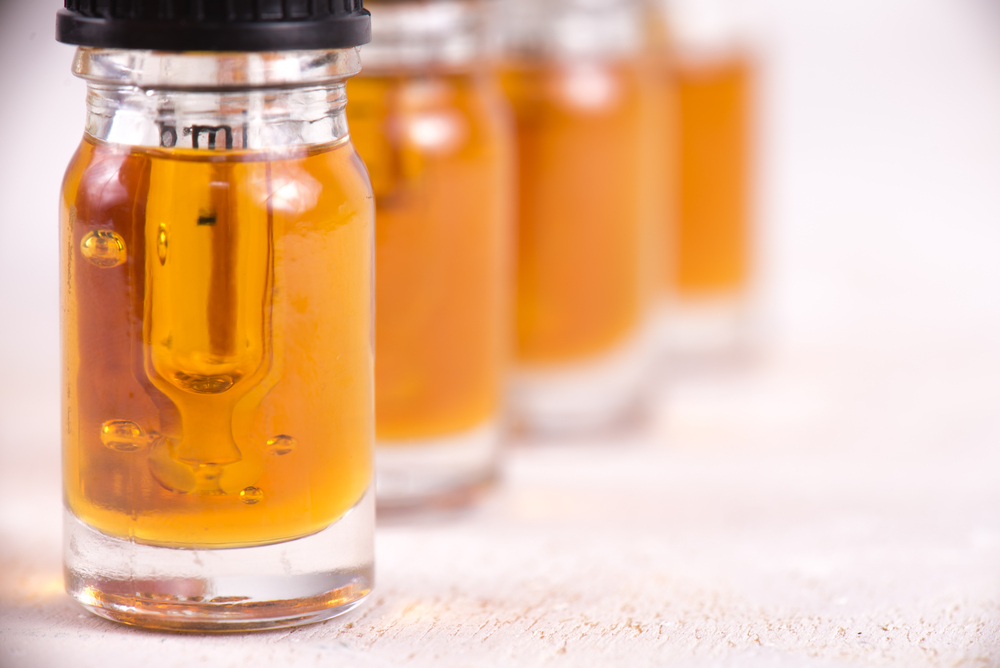
01 Mar Cannabidiol (CBD): A Pain Relief Alternative to Addictive Prescription Opioids
By David Haas
According to the World Health Organization, in 2016, nearly 27 million people worldwide suffered from Fentanyl Opioid addiction. With such a large portion of the population jeopardising their wellbeing, it is difficult to believe that prescription painkillers are still being prescribed in abundance. Unfortunately, this epidemic continues to grow across the globe, resulting in a widespread effort to combat the issue.
One of the largest barriers to resolution is determining when and why someone should be given a prescription for a high-strength painkiller. Whether it be surgery or a long-term treatment regimen, such as that of a cancer patient going through chemotherapy, there is a prescription for every type of ache and pain.
However, patients and people who wish to avoid prescription opioids for pain relief are starting to explore other options. Non-addictive alternatives such as cannabidiol (CBD) have sparked discussion about its effectiveness in treating pain organically, with many turning to it as a way to feel relief without the fear of becoming dependent. Researchers are taking note of this shift, and studies are now being conducted to determine if CBD is a viable way to rid the body of chronic pain.
WHAT IS CANNABIDIOL (CBD)?
Cannabidiol (CBD) is one of the various extractable compounds found in the hemp plant. CBD is often associated with tetrahydrocannabinol (THC), however, there is a difference between these two compounds. The main difference is that CBD is a non-psychoactive; essentially to ask oneself, “Will CBD make me high?” the answer is: No. CBD comes in many forms, though the most common are through ingestion or topical application to the skin. CBD can be ingested through oil, capsules, and powders, while topical CBD solutions are usually infused into salves and creams.
HOW DOES CBD INTERACT WITH THE BODY?
Human bodies contain an endocannabinoid system that helps regulate our bodily functions, such as sleep and pain. This system contains receptors known as CB1 and CB2, and CBD interacts with these receptors, reducing the absorption rate of naturally produced pain relievers such as anandamide within our bodies. This is important to note, because unlike opioids, CBD does not release dopamine, the neurotransmitter that causes our bodies to become dependent on the sensation that it provides, instead it prolongs the efficacy of our naturally produced pain relievers. Building a tolerance to CBD is rare, which means that a user will not have to increase the milligram dosage over time in order to maintain the pain relief qualities.
RESEARCH BEING CONDUCTED ON CBD
Perhaps one of the more promising research efforts that has been conducted on CBD is a study discussing the effects of CBD in managing pain for cancer patients who did not fully achieve relief from using opioids. This study, published by the National Center for Biotechnology Information, found that a form of CBD known as Nabiximols was able to aid in relieving pain efficiently and safely for a portion of those who were involved in the study. While this is just one example of how CBD is being used to treat pain, we can only hope that more research will be conducted on this natural pain reliever as regulations begin to change.
This has become especially important to patients who suffer from rare cancers such as mesothelioma. Mesothelioma is an aggressive form of cancer that may leave the patient in serious pain. The last thing a patient with mesothelioma should have to worry about is fighting an addiction.
THE CURRENT STATUS OF CANNABIS IN SOUTH AFRICA
On September 18th, 2018, the highest court of South Africa legalised the use of cannabis by adults in private places. Not only was usage ruled legal, but a unanimous decision also allowed for private growth of the marijuana plant. This act of decriminalisation has brought a sense of relief to many South Africans who wish to use cannabis without facing charges if found in possession. The court has given parliament 24-months to change the ruling made by the high court, but for now, private usage and growth is legal.
The one restriction that is still being decided is the public distribution and ability to carry cannabis on your person in public. While this remains illegal, it is under review by the courts. CBD consumption should not be an issue with this ruling. Although CBD is an extract from the hemp plant, it does not contain a high THC content, the compound that many regulators are opposed to.
THE FUTURE OF PAIN MANAGEMENT
As regulations begin to change around the globe pertaining to the use of CBD, it is hopeful that more research will be conducted on this natural healer. The potential benefits this plant can provide to the medical community are just beginning to be understood and these benefits will continue to strengthen as time progresses. For now, CBD is a viable form of pain relief for those who wish to use a natural alternative to opioids.



Christine Banks
Posted at 17:02h, 30 AprilCan I ask if CBD oil is helpful to asthmatics especially those suffering from inflammation?
Ruth Gierke
Posted at 15:06h, 29 JulyWhich CBD oil is for pain